Behind the reporting of Eight Minutes — The unsolved murder of David Breckenridge
“MIDWAY through 2017, I began looking into a series of cold cases. I had no idea at that point the unsolved murder of David Breckenridge was about to consume me.” Digital journalist Nicole Hogan shares how she created the Eight Minutes podcast series.
NSW
Don't miss out on the headlines from NSW. Followed categories will be added to My News.
MIDWAY through 2017, I was tasked with investigating a series of cold cases. I had no idea at that point the unsolved murder of David Breckenridge was about to consume me.
It was the coldest case I had ever come across.
There were only a handful of media reports covering the murder. I was stumped.
How can someone be so savagely slaughtered and there be no clues?
► SUBSCRIBE TO EIGHT MINUTES ON APPLE PODCASTS
At first, David’s parents Stephen and Karen were hesitant.
After that initial, awkward phone conversation, I met them on a scorching hot Sydney day in a bustling cafe in Mosman. Stephen felt it was neutral territory.
Perspiring through the heat and Stephen’s seering glare, I explained why I was compelled to write a story about their son.
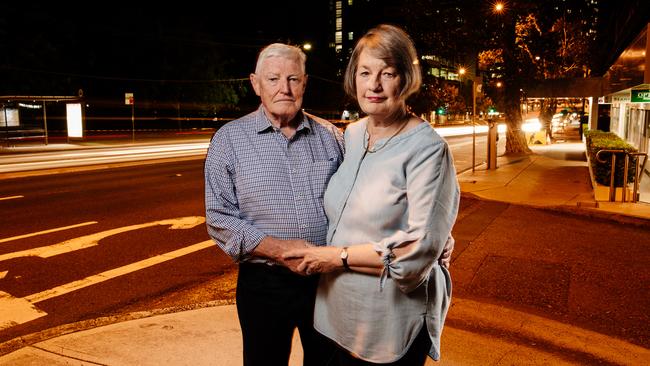
As I worked to earn their trust, I explained why I believed there was more to this story than what had previously been reported.
After three hours of talking, the floodgates opened. They revealed new details about the crime scene, the homicide investigation, comments from friends and lingering questions they had been agonising over for 15 years.
Stephen and Karen were in.
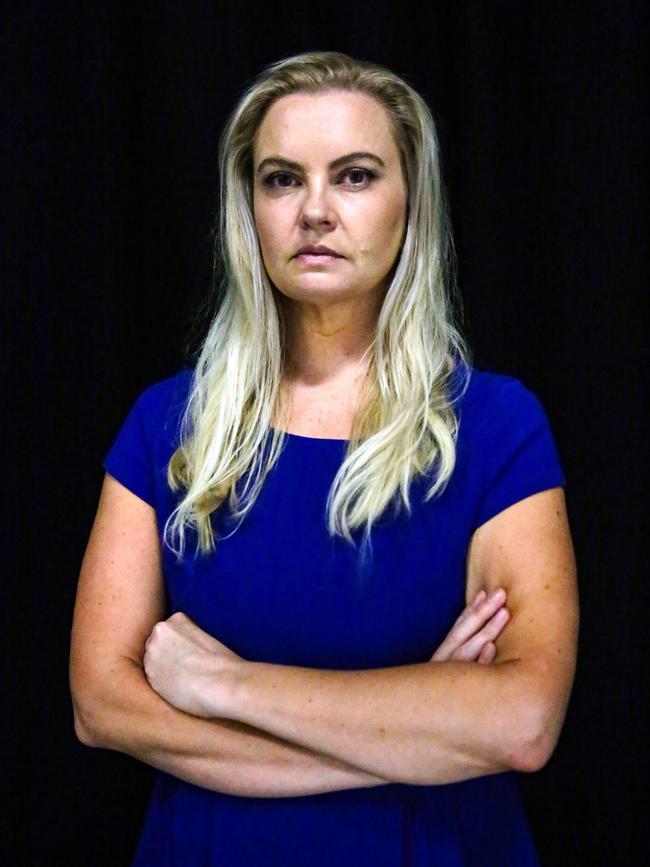
David was the epitome of a good guy — movie star looks, privately educated from a wealthy family, intelligent, a rugby player and wildly popular with guys and girls.
I scoured social media and crimestoppers websites to track down anyone who knew David in a bid to uncover any leads.
The process of dragging up details about the horrific crime almost 16 years after the event was at times gruelling and incredibly challenging.
People’s memories fade, some were embarrassed about what they did in their 20s, others flat out refused to talk about it. But over six months I interviewed dozens of people — recording more than 40 hours of audio.
I spoke with the nation’s top criminal minds — forensic pathologists, criminologists, former homicide squad detectives and forensic psychologists — to compile the investigation into now what is a six-part podcast.
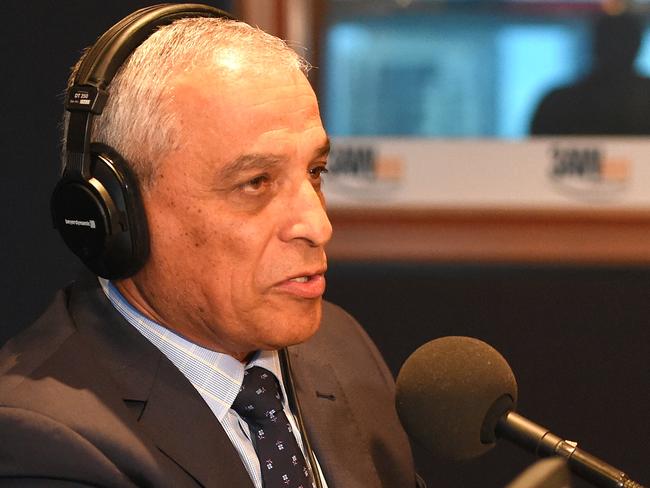
I learned of the rarity of stranger murders — perpetrators who don’t know their victim — is so scarce, it barely creates a blip on the annual homicide statistical data.
There are about 500 homicides in Australia each year and less than 10 per cent of these are committed by people unknown to each other.
I interviewed a former NSW detective — now forensic psychologist — who provided his expert opinion based on the injuries David sustained.
I spoke with forensic pathologists around the country about why the body is a crime scene in itself. They reveal what they look for in suspected homicides — how the shape, length, width of injuries give clues to the perpetrator.
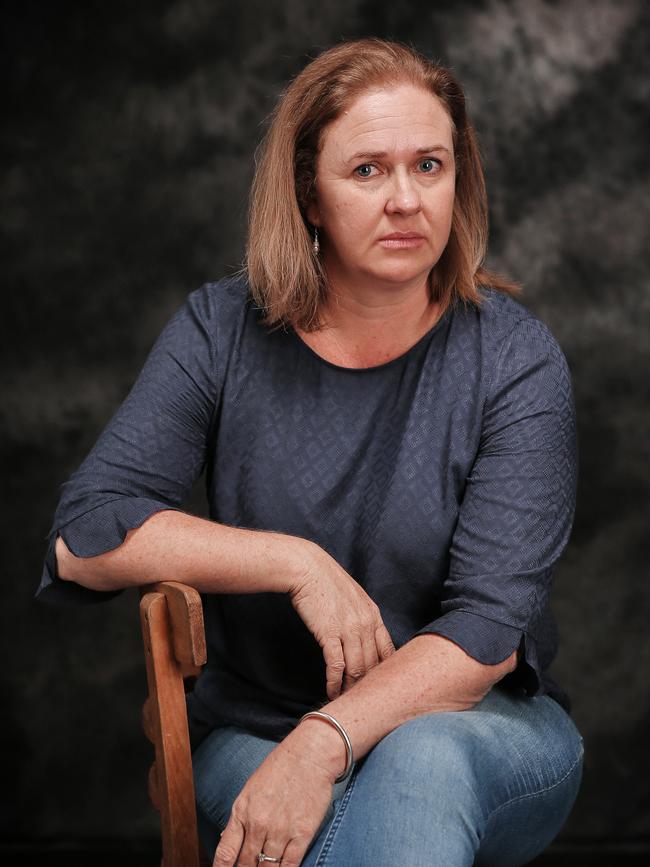
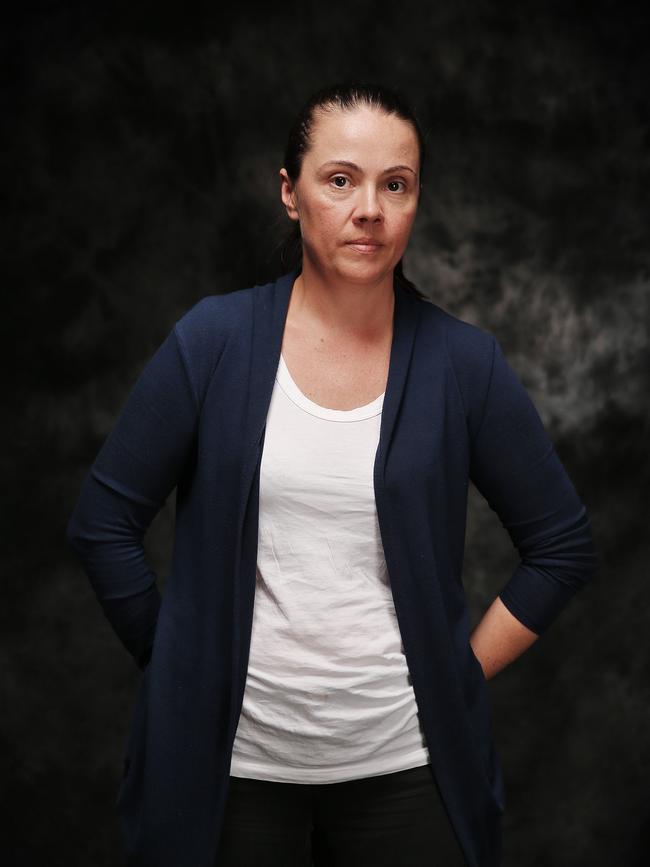
The podcast however is primarily told through David’s family and friends.
It is only because of them the investigative series exists. It is their story as much as David’s.
I learned about a large group of friends from neighbouring private schools, friendships and relationships some described as almost being incestuous, people dating each other, their exs often at the same time, boozy sessions, drug use and other behaviour you’d be embarrassed to admit to as an adult.
Nothing out of the ordinary for 20-somethings really but it was an intimate insight into the life David led that hadn’t been reported on before.
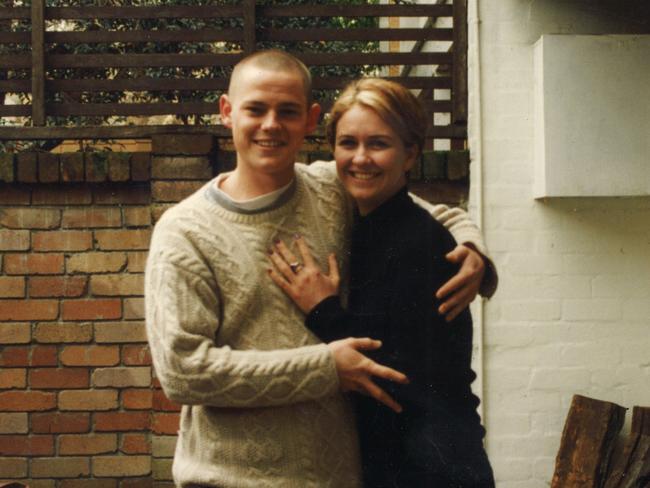
I received an overwhelmingly unanimous description of David — remarkably intelligent, kind and soft-natured. And good looking. One went as far as to say he had that James Bond appeal. I wanted to gather as much detail as I could before I approached David’s parents — and the eerie lack of detail gripped me — what happened to David and why?
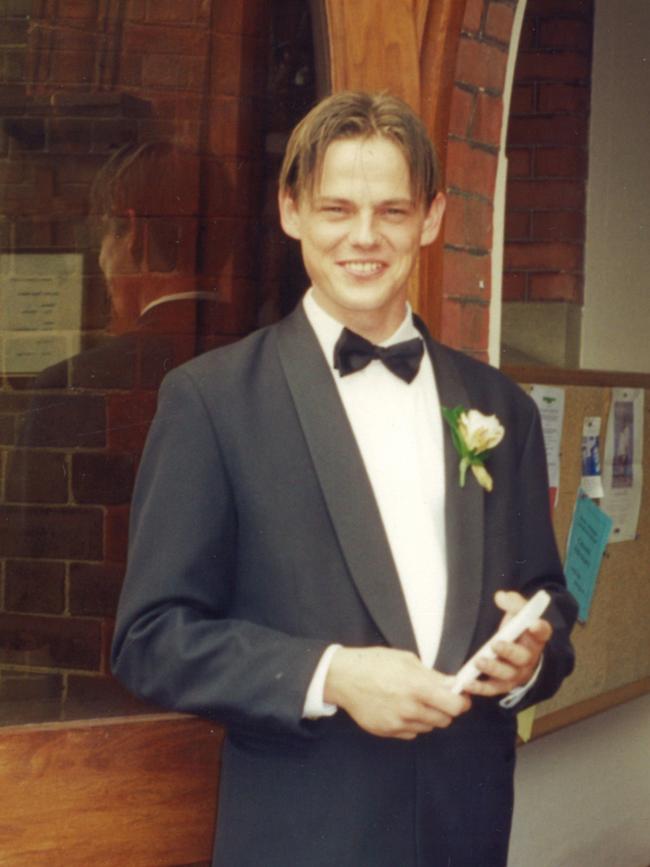
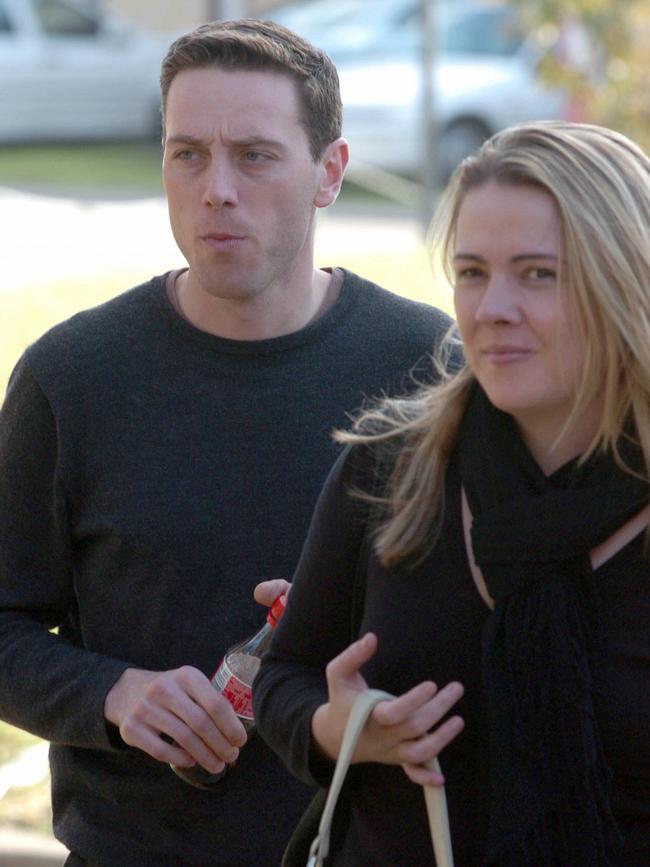
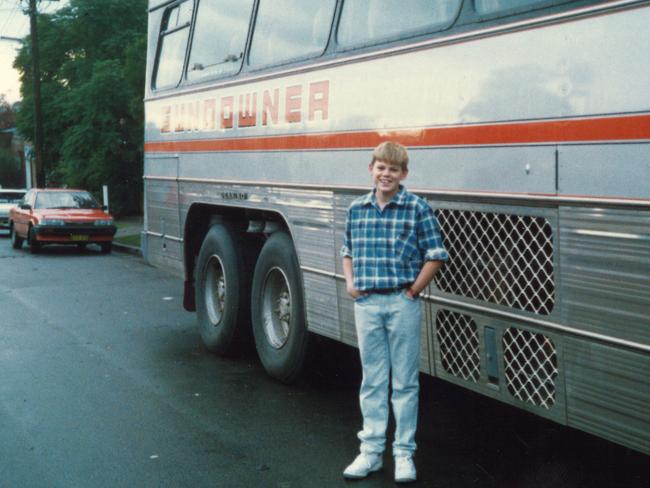
I applied to the Coroners court in October 2017 for the transcripts of David’s murder investigation. That application was supported by the Breckenridge family.
On February 8, 2018 — three months and nine days after the application for court files — we were told the coroner’s magistrate had declined my request.
To complete this story, I continued my research using publicly available information and interviewing those who appeared at the 2005 Coroner’s inquest.
A missing Eight Minutes has consumed 15 years of Stephen and Karen’s lives. For me, it’s been six months ... and counting.
I would like to once again thank them and all those involved for the countless hours of interviews, their patience and their candour.
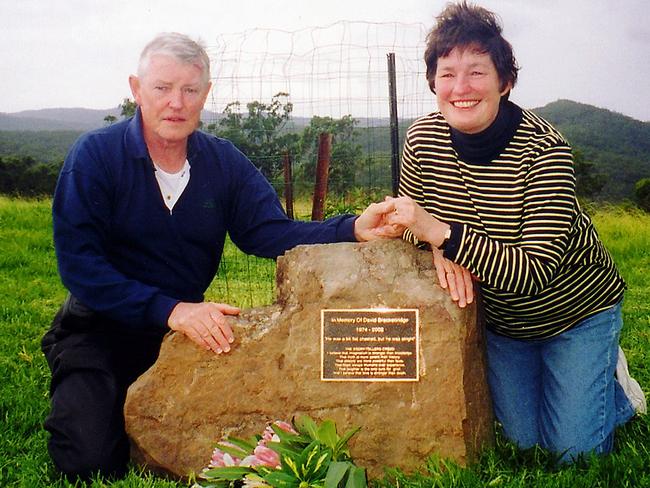
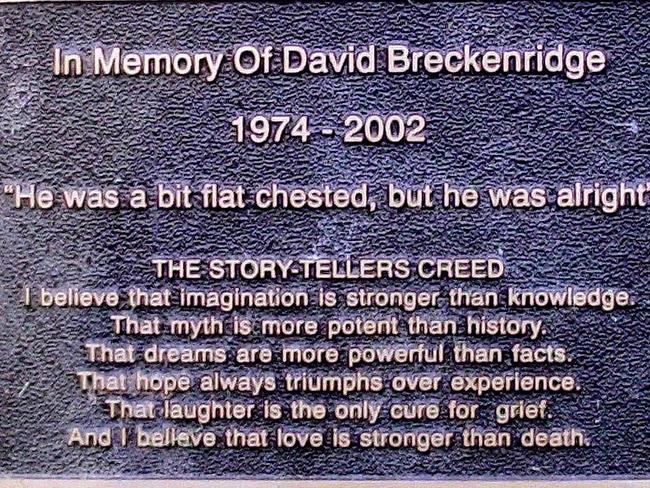
Do you know something about what happened to David Breckenridge? Even the smallest detail could help bring a murderer to justice and help bring some closure to David’s family and friends. Help us catch a killer.
Email eightminutes@dailytelegraph.com.au
► Nicole Hogan is an award-winning multimedia journalist. She has worked for 2GB Radio, the Nine Network, Southern Star Productions, the Evening Echo and News Corp.



